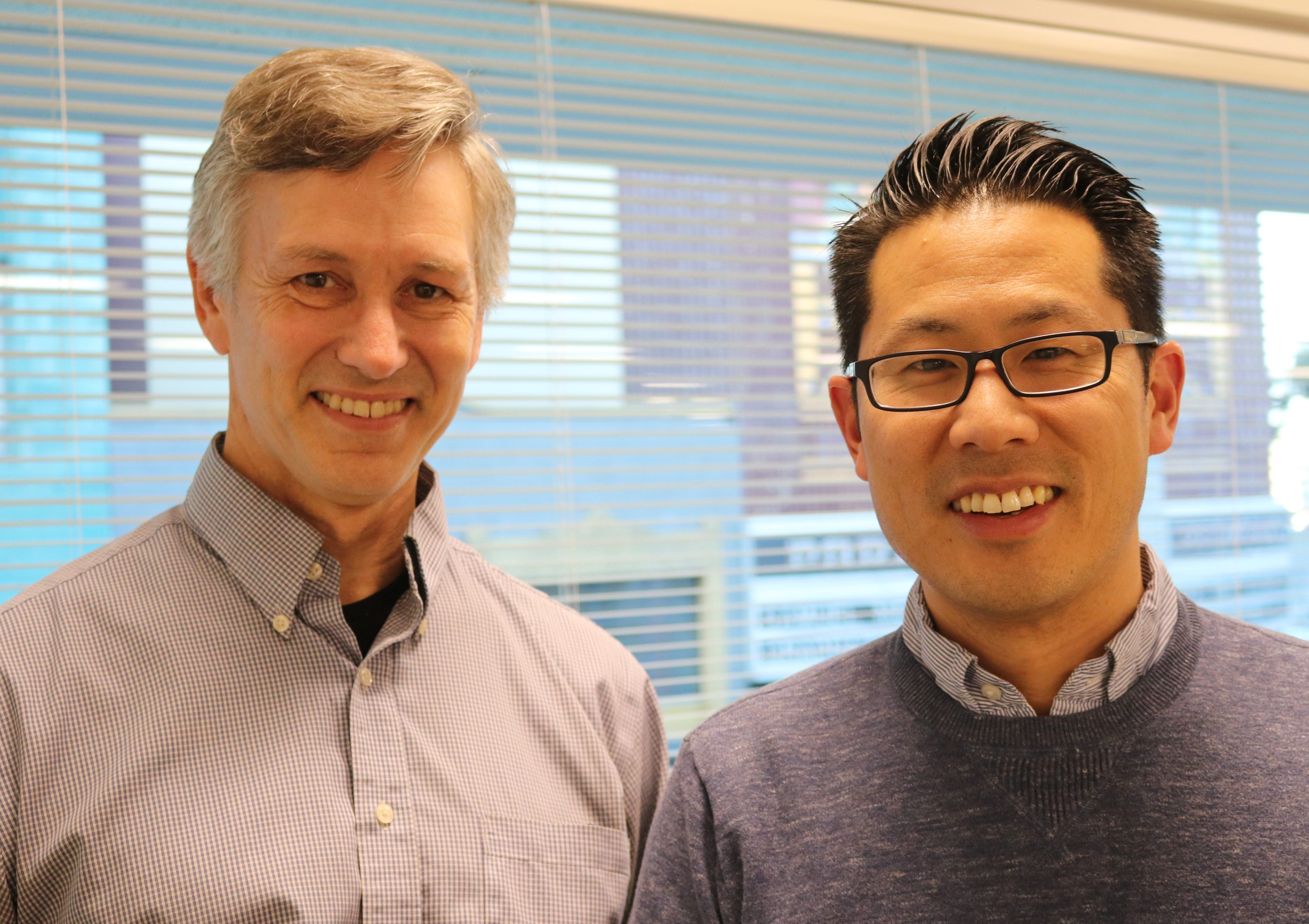OAKLAND, Calif., December 17, 2018 — Ten years after a negative colonoscopy, Kaiser Permanente members had 46 percent lower risk of being diagnosed with and were 88 percent less likely to die from colorectal cancer compared with those who did not undergo colorectal cancer screening.
A new study, “Long-term risk of colorectal cancer and related deaths after a colonoscopy with normal findings,” was published today in JAMA Internal Medicine.

“Our study shows that following a colonoscopy with normal findings, there is a reduced risk of developing and dying from colorectal cancer for at least 10 years,” said study leader Jeffrey Lee, MD, Kaiser Permanente gastroenterologist and research scientist at the Division of Research.
“These findings suggest that physicians can feel confident following the guideline-recommended 10-year rescreening interval after a negative colonoscopy in which no colorectal cancer or polyps were found. There is now solid evidence supporting that recommendation.”
The U.S. Preventive Services Task Force currently recommends colorectal cancer screening for adults at average risk between 50 and 75 years old, with either colonoscopy every 10 years, sigmoidoscopy every five years or fecal testing every year, assuming these tests are normal.
Before this study, there was little evidence supporting the 10-year recommended screening interval after a colonoscopy with normal findings, Lee said. “That uncertainty was concerning because colorectal cancer is the second leading cause of cancer-related deaths in the United States.”
To help address the evidence gap for when to rescreen, the retrospective study examined the long-term risk of colorectal cancer and related deaths after a negative colonoscopy in comparison to no screening in more than 1.25 million average-risk members of Kaiser Permanente in Northern California who were of recommended screening age during the 1998 to 2015 study period.

“This large study is the first with a high enough number of average-risk individuals to evaluate cancer risks after colonoscopy examinations, compared with no screening,” said senior author Douglas Corley, MD, PhD, Kaiser Permanente gastroenterologist and research scientist with the Division of Research. “Such information provides greater certainty regarding the appropriate timing for rescreening after a negative colonoscopy.”
Colon cancer is an active area of study at Kaiser Permanente.
The National Cancer Institute funded the study through its Population-Based Research Optimizing Screening Through Personalized Regimens consortium.
In addition to Lee and Corley, co-authors were Christopher D. Jensen, PhD, Theodore R. Levin, MD, Natalia Udaltsova, PhD, Wei K. Zhao, MPH, Bruce H. Fireman, MA, and Charles P. Quesenberry, PhD, all of the Kaiser Permanente Division of Research; Ann G. Zauber, PhD, Memorial Sloan Kettering Cancer Center; Joanne E. Schottinger, MD, and Virginia P. Quinn, PhD, Kaiser Permanente Southern California Department of Research and Evaluation; and Chyke A. Doubeni, MD, University of Pennsylvania.
About the Kaiser Permanente Division of Research
The Kaiser Permanente Division of Research conducts, publishes, and disseminates epidemiologic and health services research to improve the health and medical care of Kaiser Permanente members and society at large. It seeks to understand the determinants of illness and well-being, and to improve the quality and cost-effectiveness of health care. Currently, DOR’s 600-plus staff is working on more than 400 epidemiological and health services research projects. For more information, visit divisionofresearch.kaiserpermanente.org or follow us @KPDOR.
About Kaiser Permanente
Kaiser Permanente is committed to helping shape the future of health care. We are recognized as one of America’s leading health care providers and not-for-profit health plans. Founded in 1945, Kaiser Permanente has a mission is to provide high-quality, affordable health care services and to improve the health of our members and the communities we serve. We currently serve more than 12.3 million members in eight states and the District of Columbia. Care for members and patients is focused on their total health and guided by their personal Permanente Medical Group physicians, specialists and team of caregivers. Our expert and caring medical teams are empowered and supported by industry-leading technology advances and tools for health promotion, disease prevention, state-of-the-art care delivery and world-class chronic disease management. Kaiser Permanente is dedicated to care innovations, clinical research, health education and the support of community health. For more information, go to share.kaiserpermanente.org.





This Post Has One Comment
I found it interesting when you said that before this study there was little evidence to support the 10 year recommended screening. It makes me wonder what the 10-year screening was based on. I am glad there is now evidence that supports it.